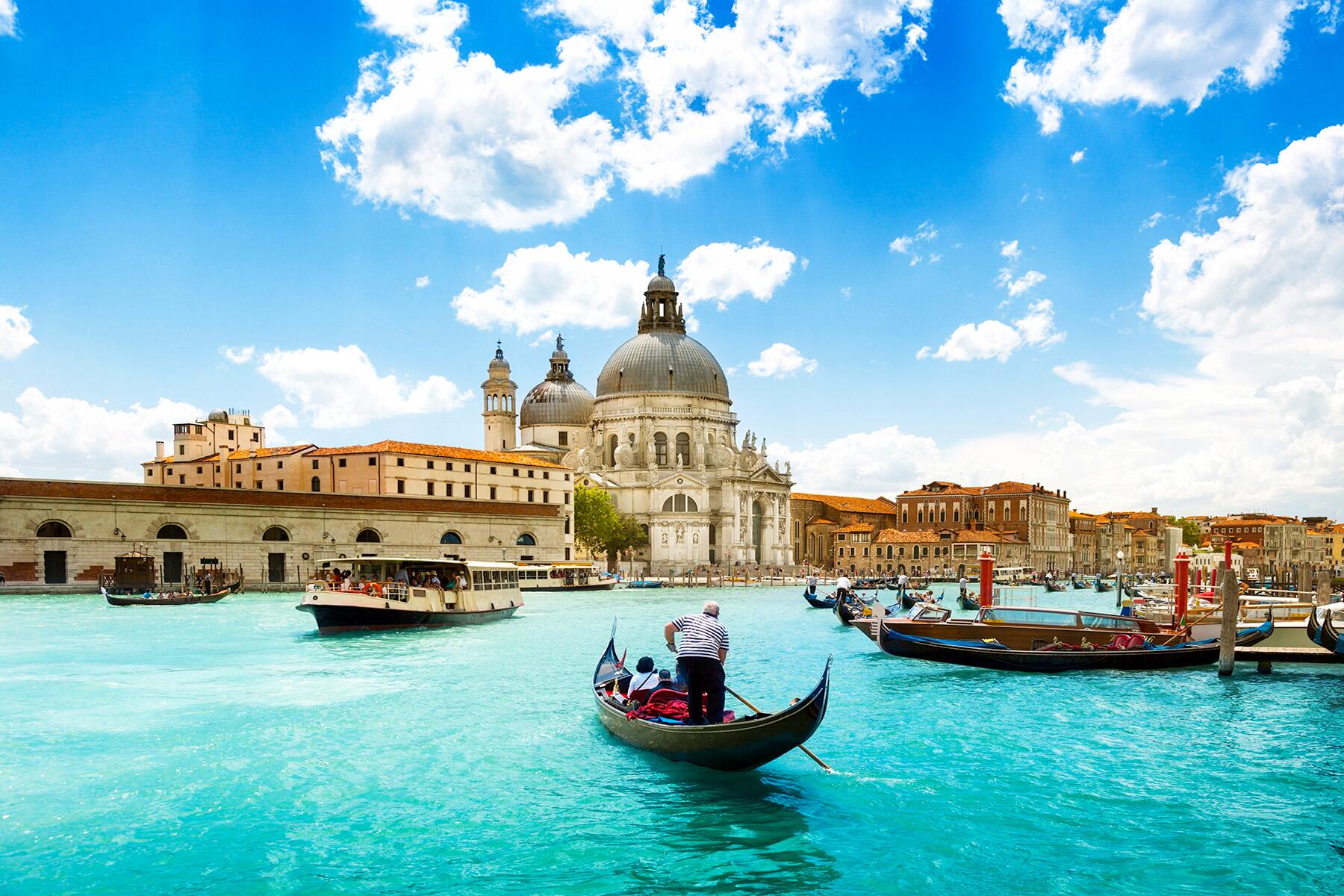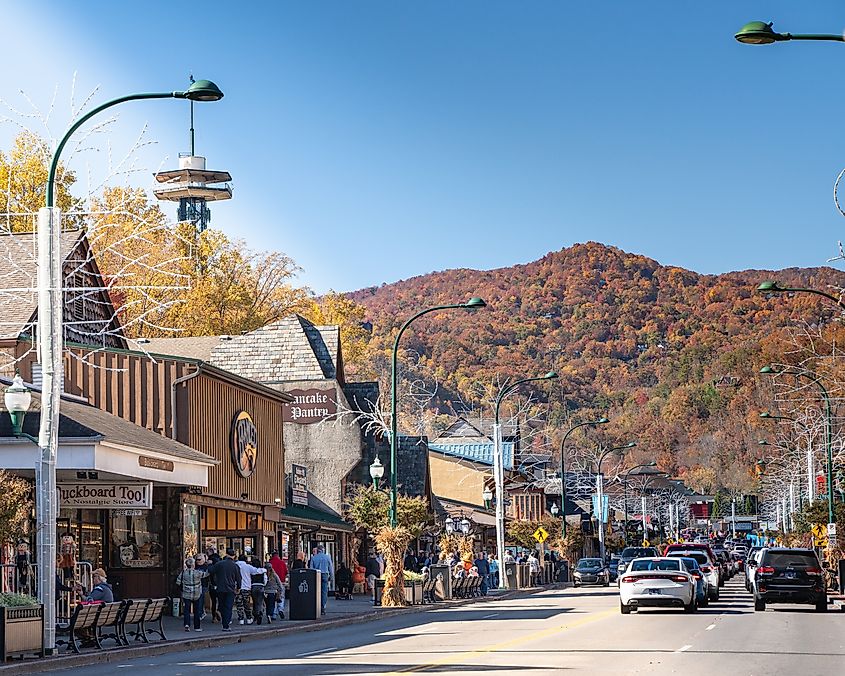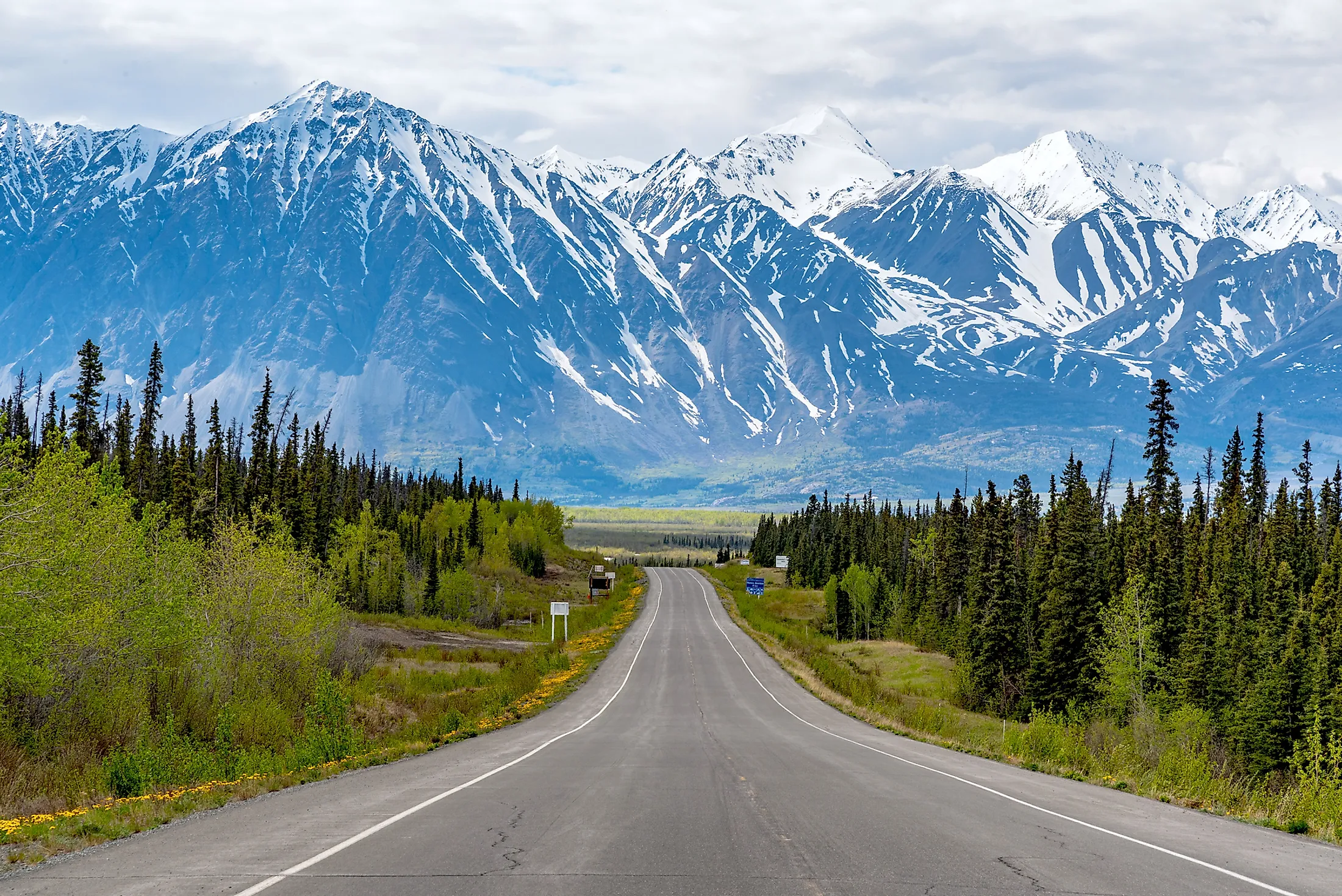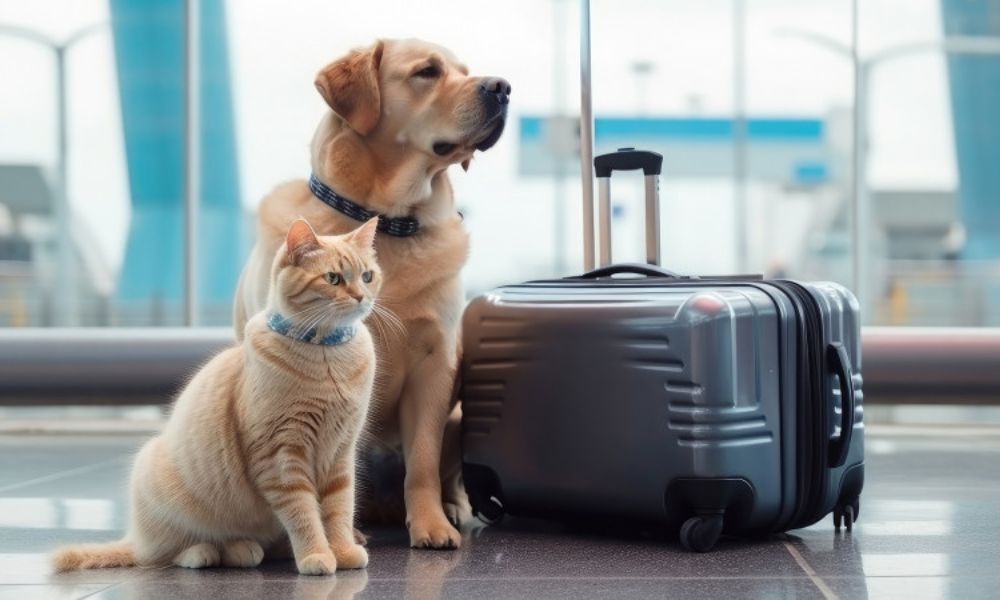
Tourist Traps Could Soon Vanish — And We Have One Thing to Thank. The proliferation of artificial intelligence is poised to revolutionize the travel industry, not just for businesses seeking to optimize profits, but also for consumers aiming to navigate the often-murky waters of tourist economies and avoid the dreaded "rip-off."
For decades, the travel industry has been characterized by information asymmetry, where businesses held a distinct advantage over consumers in terms of pricing, service quality, and hidden fees. This imbalance allowed unscrupulous operators to thrive, exploiting tourists unfamiliar with local customs, average prices, and fair market value. Think of the taxi driver taking the longest possible route, or the restaurant charging exorbitant prices for mediocre food simply because of its prime location near a popular attraction. These practices, deeply ingrained in the history of tourism, are now facing an unprecedented challenge from the rise of consumer-empowering AI.
Travel organizations are increasingly leveraging AI in various capacities. Destination marketing organizations utilize AI-powered chatbots to provide instant answers to traveler inquiries and curate personalized itineraries. Airlines and hotels employ sophisticated AI algorithms to forecast passenger demand, optimize pricing strategies, and model buyer behavior. Even content creation, such as writing destination descriptions or summarizing travel information, is being augmented by AI, though with varying degrees of success. However, the most transformative impact of AI may lie in its ability to level the playing field for consumers.
A recent essay in The Economist highlights the growing trend of consumers harnessing AI to their advantage, driving down prices and increasing transparency across various sectors. The article posits that having a "genius in our pocket," in the form of AI-powered tools and readily available information, empowers consumers to challenge unfair pricing and deceptive practices, whether encountered with a real estate agent, a plumber, or a hotel. This shift represents a fundamental change in the dynamics of the marketplace, forcing businesses to adapt or risk losing customers to more transparent and competitive alternatives.
Consider the evolution of transportation. The pre-smartphone era was rife with stories of taxi drivers deliberately taking circuitous routes to inflate fares, preying on tourists unfamiliar with the city’s geography. With the advent of rideshare apps like Uber and Lyft, this practice has become significantly less common. These platforms offer several advantages, including tracked trips, guaranteed credit card acceptance, and, crucially, algorithmically optimized routes designed to be the fastest and cheapest. Even when taking traditional taxis, consumers now have access to real-time navigation apps on their smartphones, allowing them to monitor the route and challenge any deviations. This simple application of technology has effectively curtailed a long-standing form of tourist exploitation.
Similarly, the proliferation of online review platforms has had a profound impact on the restaurant industry, particularly in tourist hotspots. The Economist article cites the example of a notorious chain of tourist-trap restaurants in London, noting a decline in the number of outlets and an improvement in the quality of the remaining establishments. This transformation can be attributed, in part, to the relentless stream of negative reviews on sites like TripAdvisor and Yelp, which have exposed the restaurants’ subpar food and inflated prices. "The power of collective feedback cannot be overstated," says Dr. Eleanor Vance, a Professor of Consumer Behavior at the London School of Economics. "Online reviews provide a crucial mechanism for holding businesses accountable and incentivizing them to improve their offerings."
Economists refer to the imbalance of information between businesses and consumers as "information asymmetry." This occurs when the value or complexity of a product or service is difficult for consumers to assess, leading them to overspend on inferior options. Such overspending not only harms individual consumers but also strains the overall economy by reducing consumer buying power. As the Economist essay points out, money spent on overpriced or substandard goods leaves less available for other purchases, hindering economic growth. For example, an individual who overpays for a home may have less disposable income for furnishing it or taking vacations.
According to a study by the Consumer Research Institute, an estimated 25% of American consumer spending is allocated to products or services characterized by significant information asymmetry. However, this figure represents a notable decrease from 30% in the year 2000, indicating a gradual shift towards greater transparency and consumer empowerment. The rise of comparison shopping websites, online review platforms, and AI-powered tools has contributed to this positive trend.
In the travel sector, the benefits of increased information transparency are particularly evident. Travelers can now leverage fare alerts to track price fluctuations and identify optimal booking times. AI algorithms can analyze historical fare data to predict future price trends, enabling consumers to make informed decisions about when to purchase airline tickets. Moreover, services like Hopper and Google Flights offer price guarantees and automated refunds if fares drop after booking, further mitigating the risk of overpaying. An analysis by TravelPulse estimates that travelers who utilize AI-powered fare tracking tools save an average of 15% on airfare compared to those who rely on traditional booking methods.
However, the battle against tourist traps is far from over. As travel companies increasingly adopt AI to maximize profits, consumers must remain vigilant and leverage technology to protect their interests. For instance, car rental companies are deploying AI-powered scanners to detect even the most minor damages, potentially leading to inflated repair charges. To counter this, consumers can use similar software to thoroughly inspect vehicles at the time of pickup, document any pre-existing damage, and challenge unwarranted charges. Alternatively, they can opt to rent from agencies or locations that do not utilize scanner technology. Furthermore, AI can be used to analyze the fine print of rental agreements, identifying potential loopholes or hidden fees.
The impact of AI on the travel industry extends beyond pricing and transparency. AI-powered chatbots can provide personalized recommendations, answer questions about destinations, and assist with booking accommodations and activities. This level of personalized service can enhance the overall travel experience and reduce the likelihood of encountering unpleasant surprises. "AI is not just about saving money; it’s about creating a more seamless and enjoyable travel experience," says Mark Thompson, a Senior Market Analyst at Global Tourism Insights. "By providing travelers with access to accurate and relevant information, AI can help them make informed decisions and avoid common pitfalls."
Looking ahead, the trend of consumer-empowering AI is likely to accelerate, leading to a more competitive and transparent travel market. Businesses that prioritize ethical practices and provide genuine value will thrive, while those that rely on deception and exploitation will face increasing scrutiny and consumer backlash. The long-term consequences of this shift could include a reduction in the number of tourist traps, an improvement in the quality of travel experiences, and a more equitable distribution of economic benefits within the tourism industry.
The global implications of this trend are significant. As AI-powered tools become more accessible and affordable, travelers worldwide will be empowered to navigate tourist economies with greater confidence and avoid being taken advantage of. This could lead to a more sustainable and responsible form of tourism, where businesses are incentivized to prioritize customer satisfaction and environmental stewardship. Furthermore, the increased transparency and competition fostered by AI could drive down prices and make travel more accessible to a wider range of individuals.
However, there are also potential downsides to consider. The reliance on AI-powered tools could create a digital divide, where those without access to technology are further disadvantaged. Moreover, the use of AI could lead to the homogenization of travel experiences, as travelers increasingly rely on algorithms to make decisions. It is important to strike a balance between leveraging the benefits of AI and preserving the unique character and authenticity of travel destinations.
Ultimately, the future of the travel industry hinges on the ability of consumers and businesses to adapt to the changing landscape. By embracing AI as a tool for empowerment and transparency, travelers can unlock new levels of value and enjoyment, while businesses can build trust and loyalty by providing exceptional service and ethical practices. The demise of the tourist trap may be closer than we think, thanks to the transformative power of artificial intelligence. A recent report by the World Tourism Organization predicts a 30% decrease in complaints related to overpricing and misleading information within the next five years, directly attributed to the increased adoption of AI-driven consumer tools.




